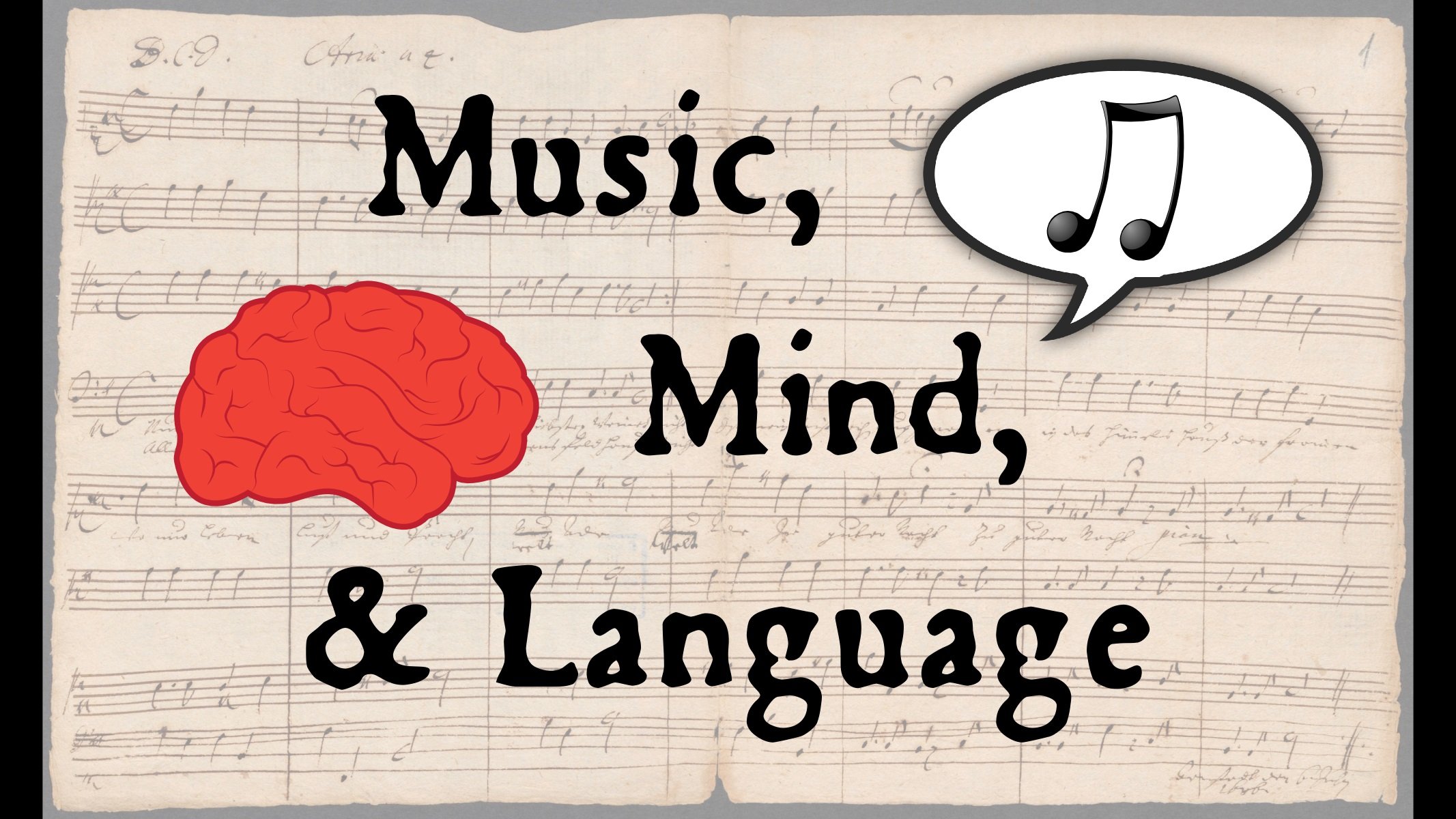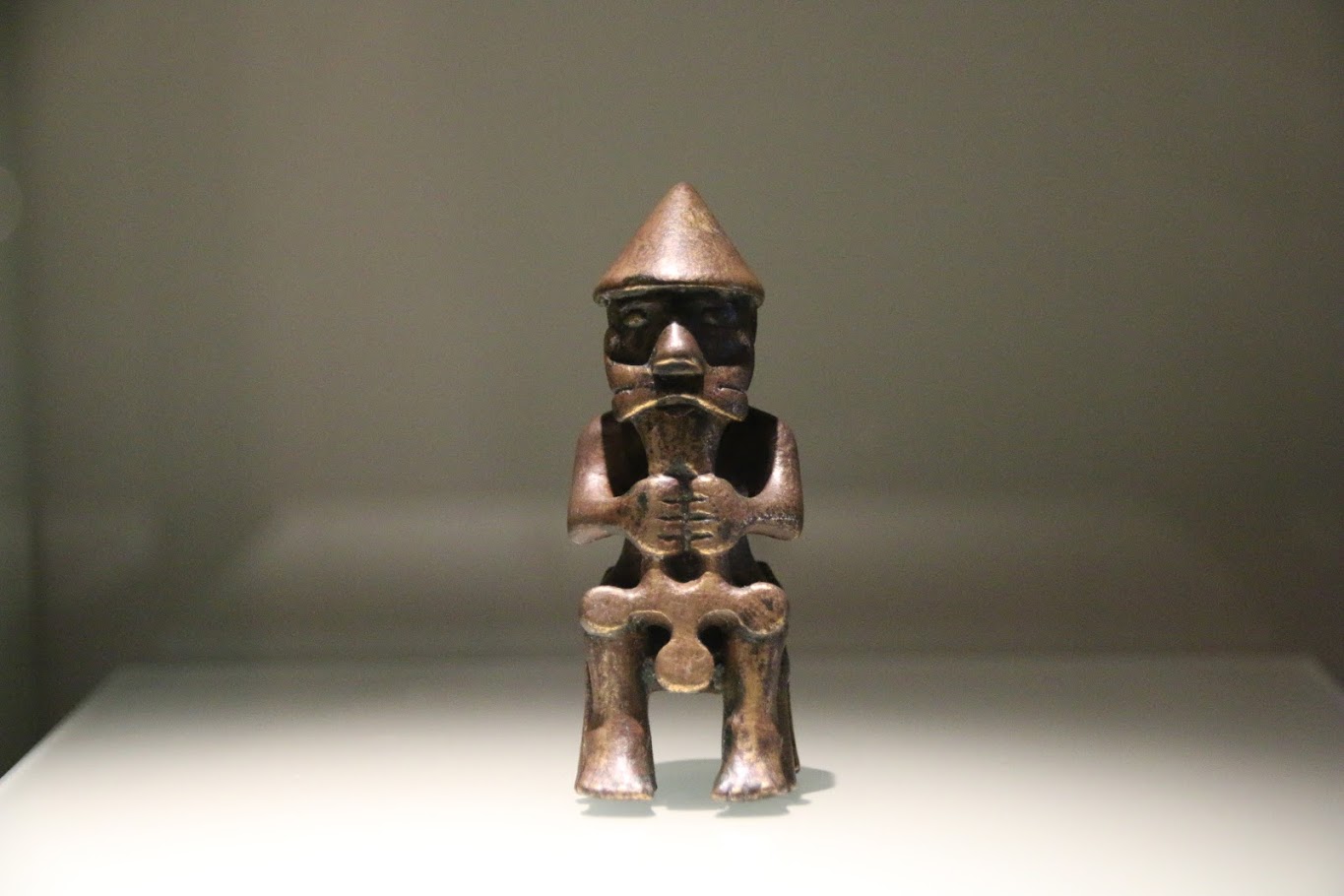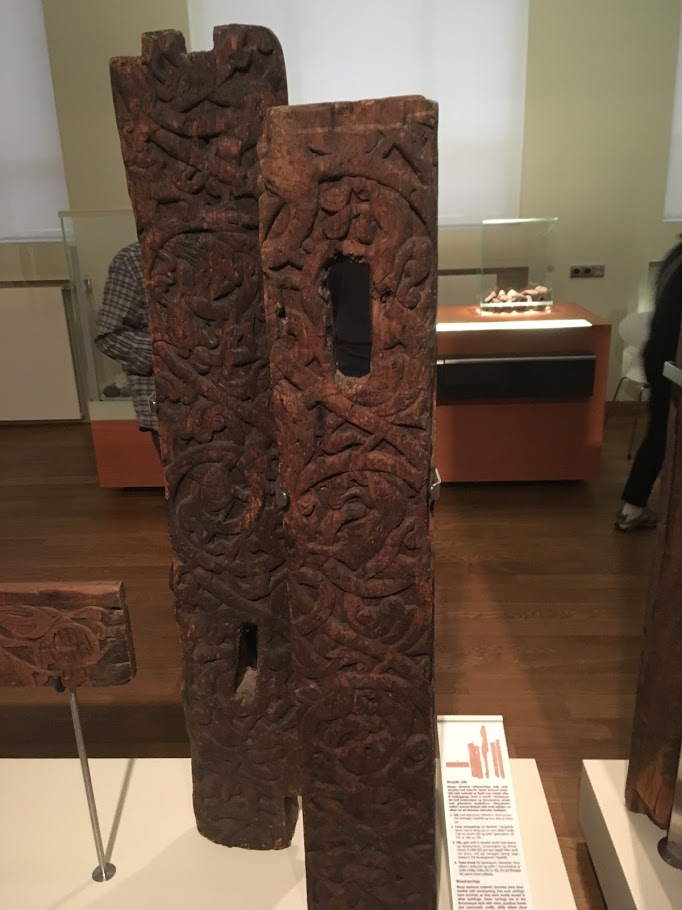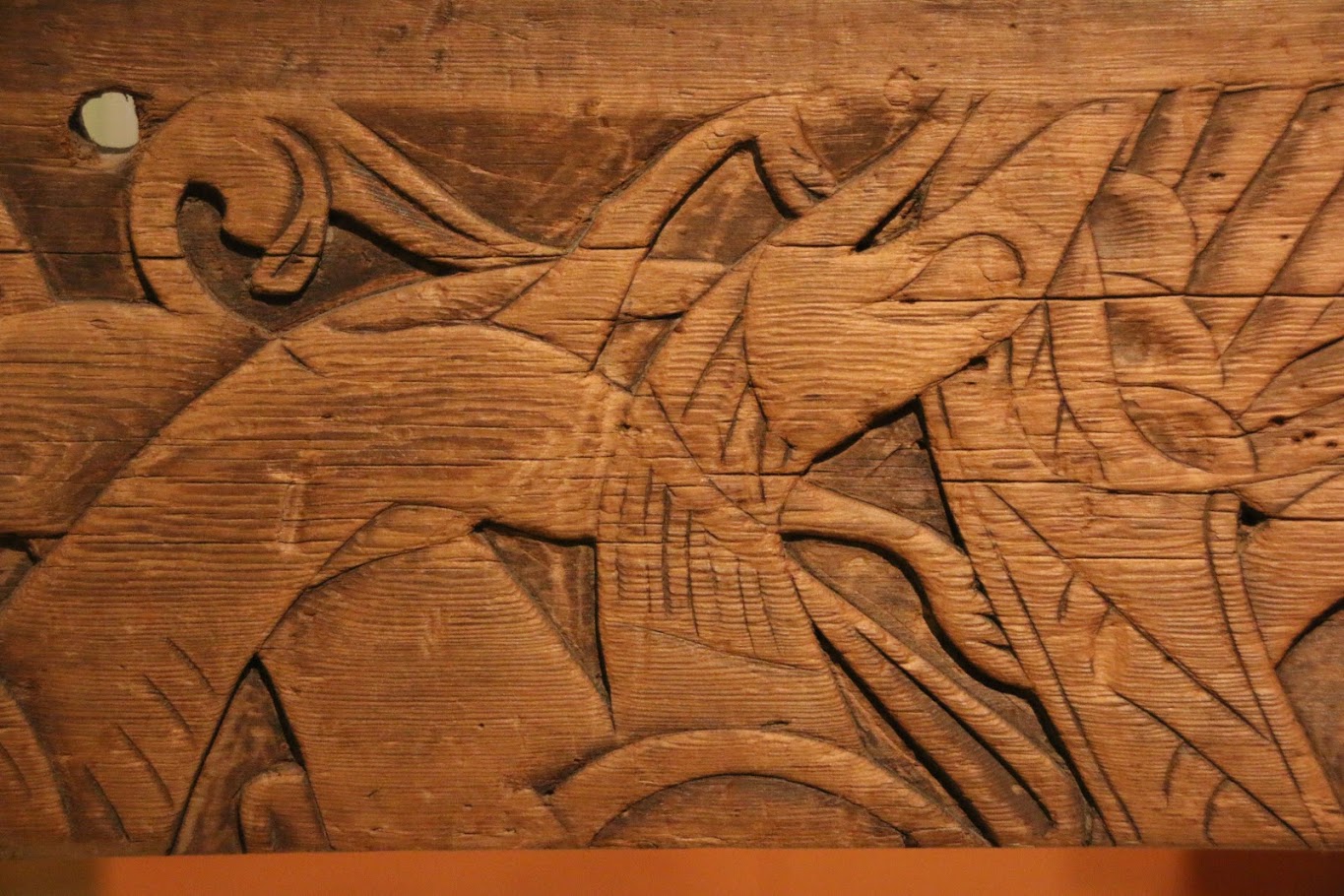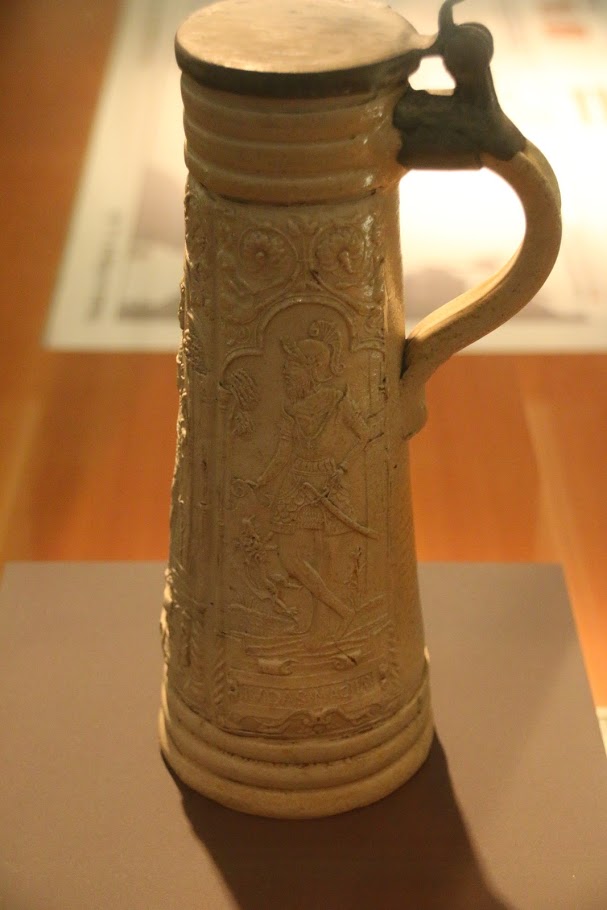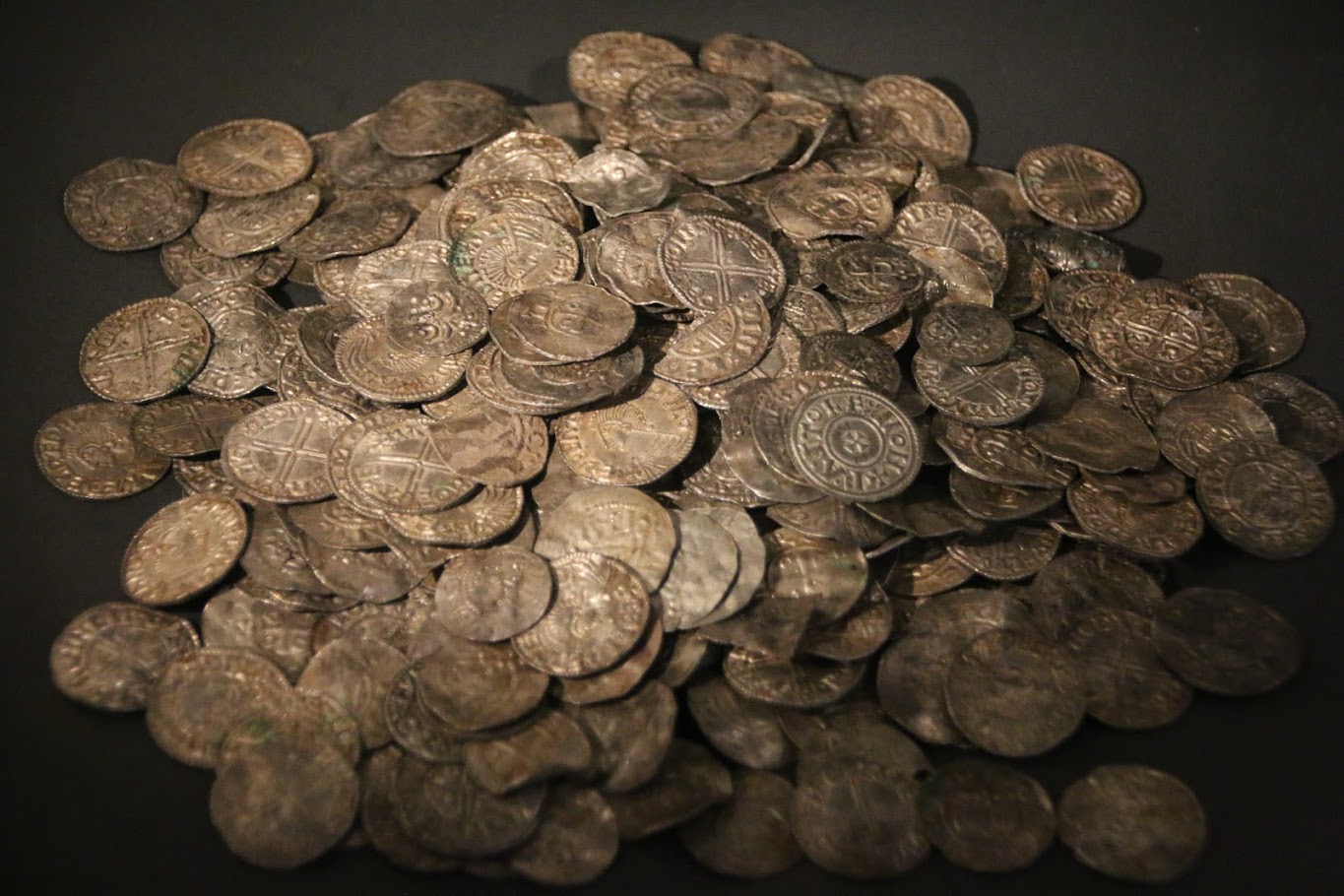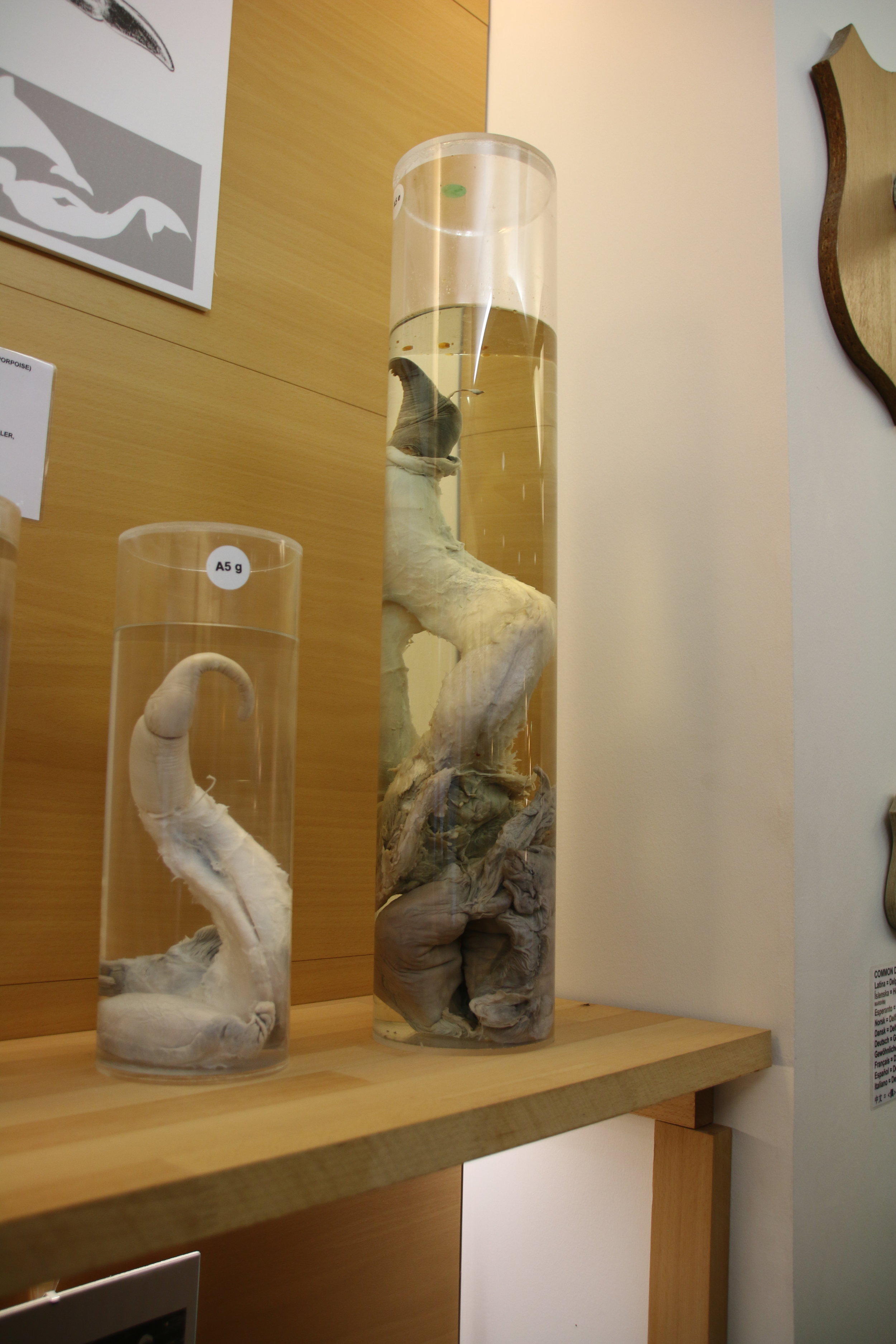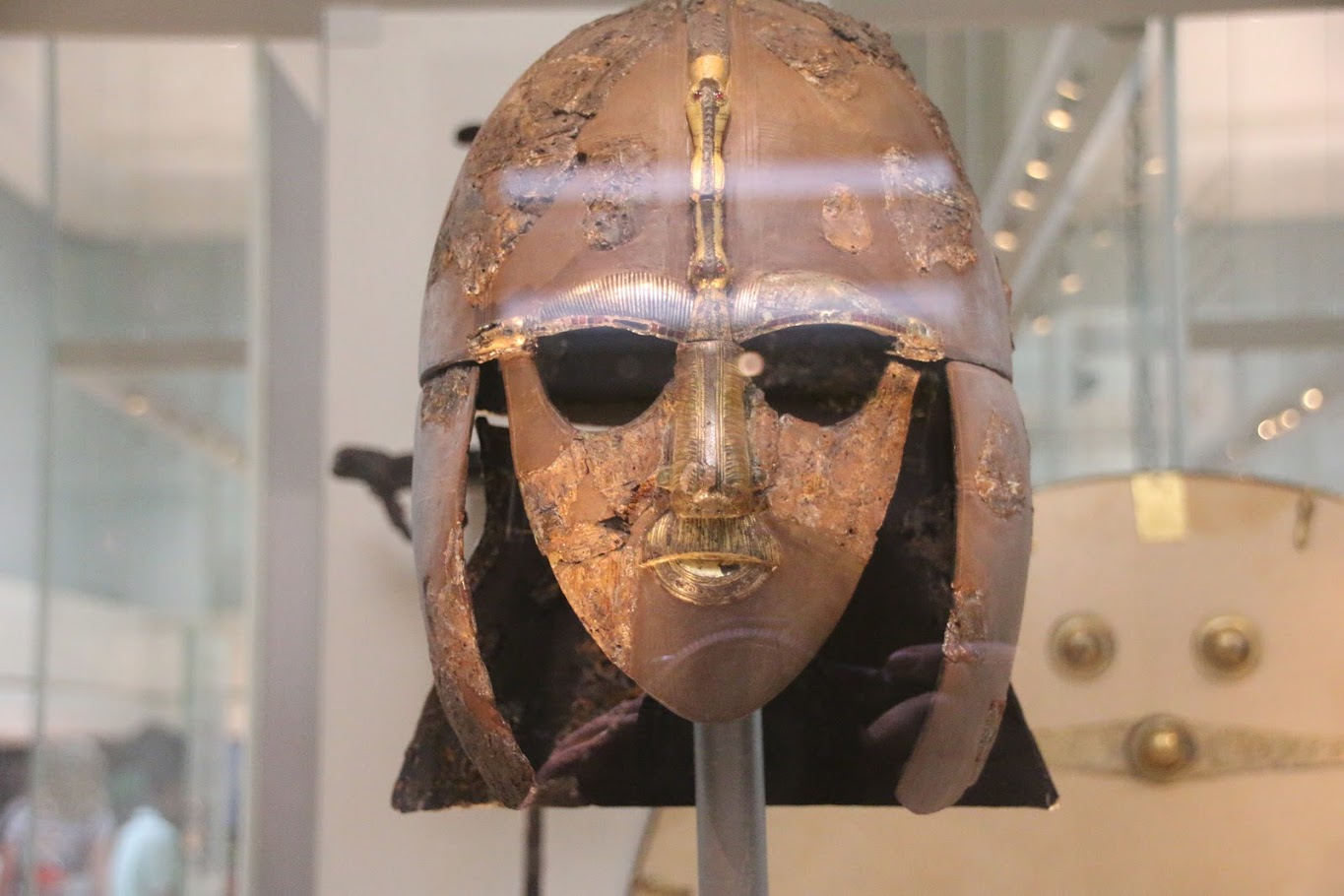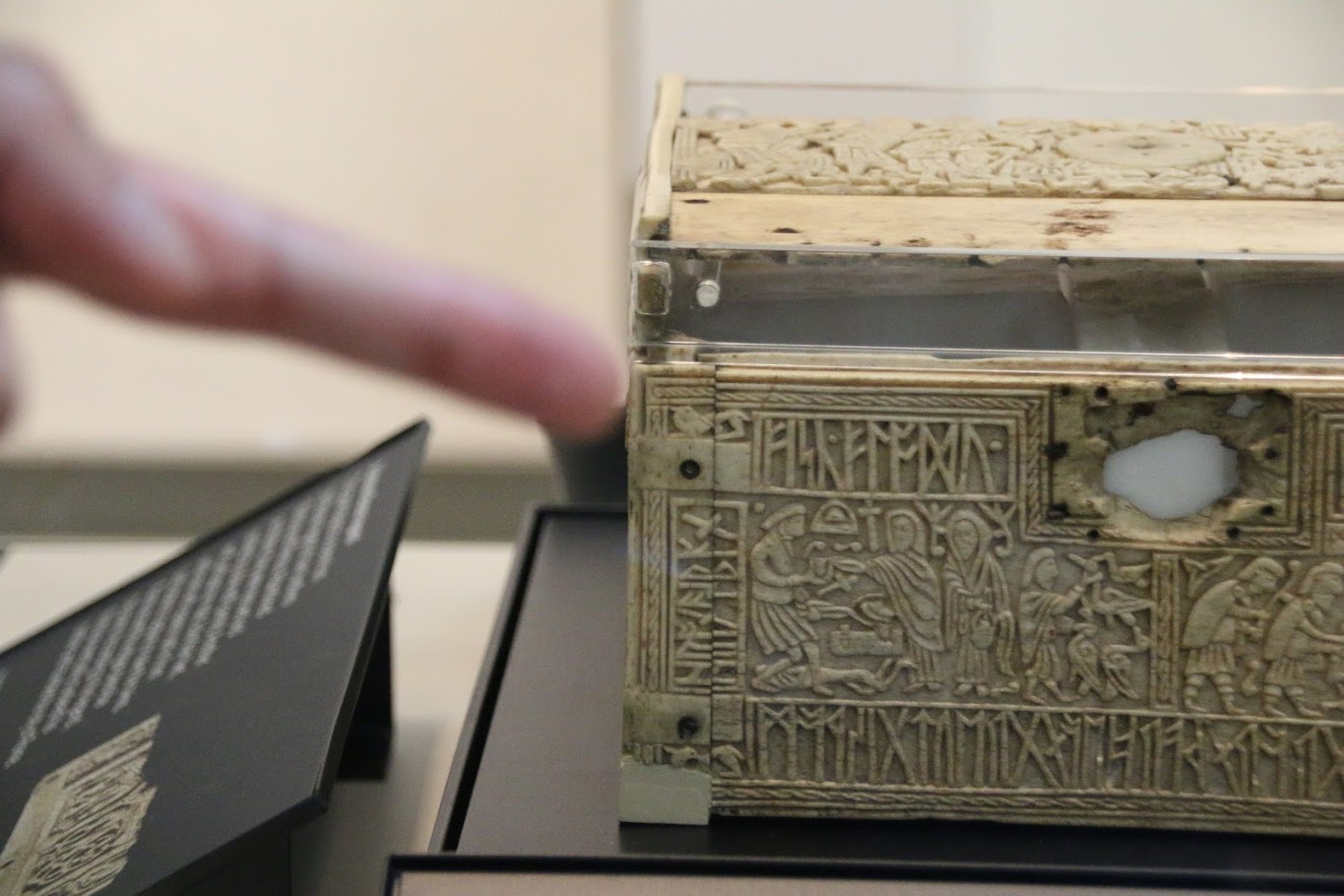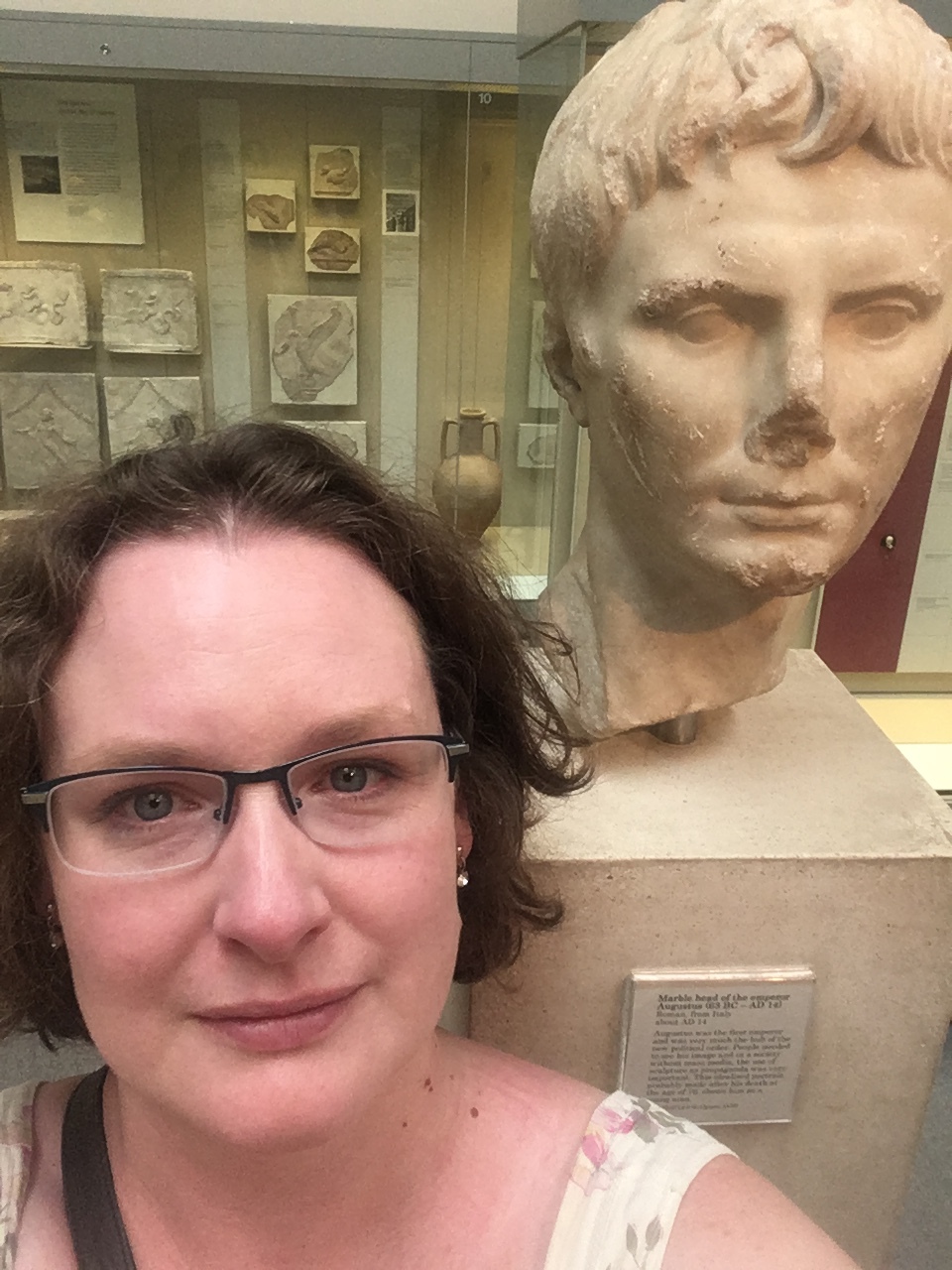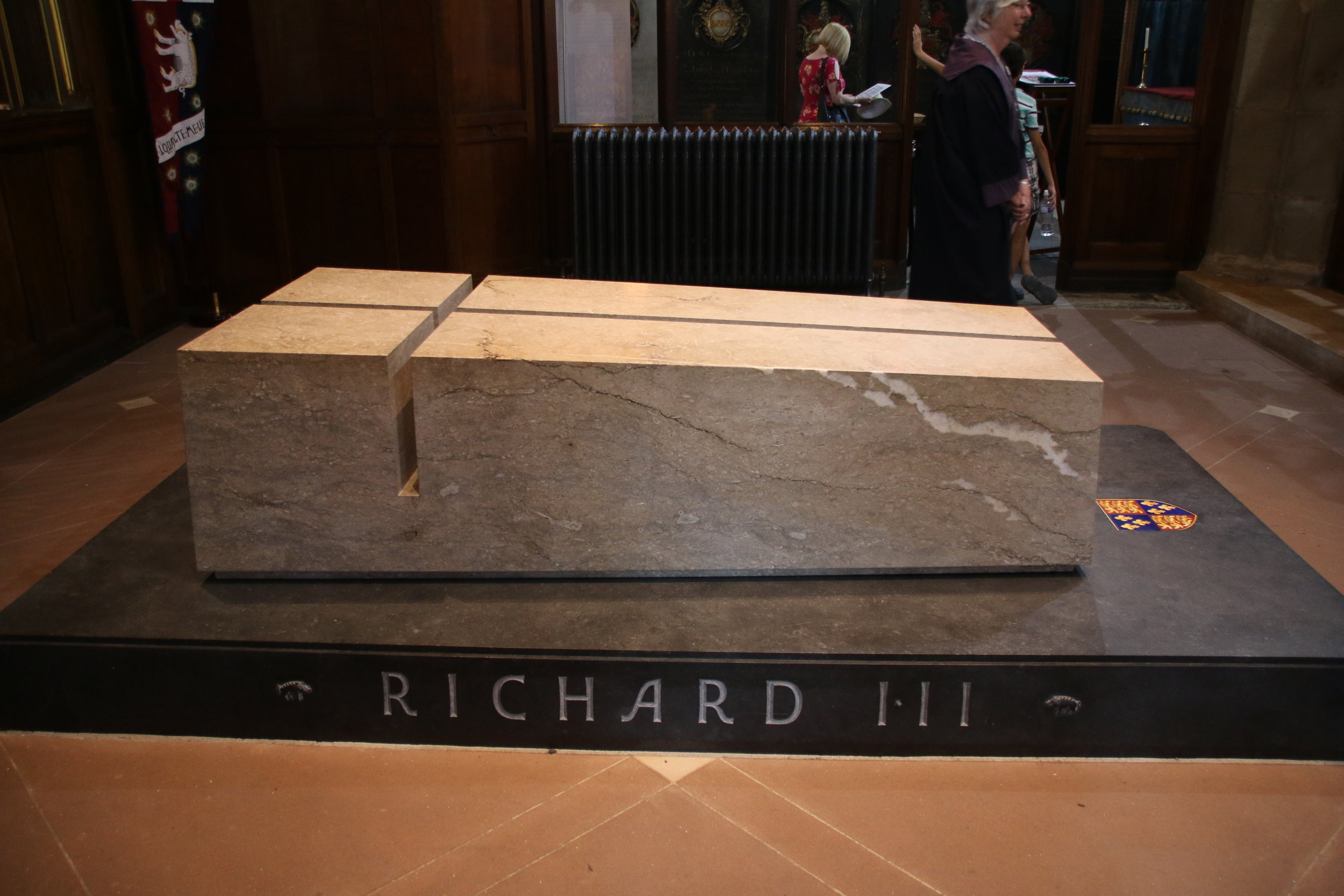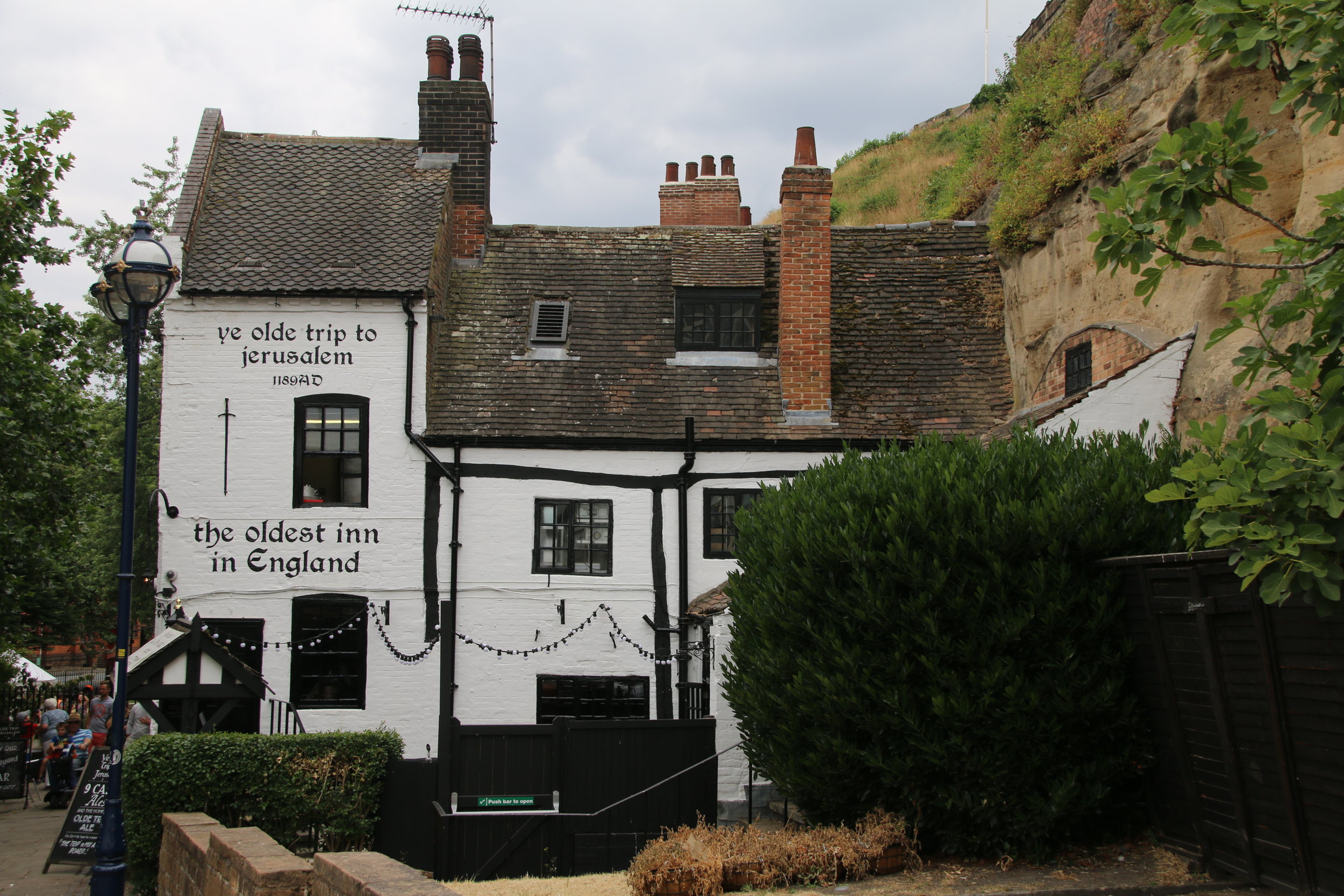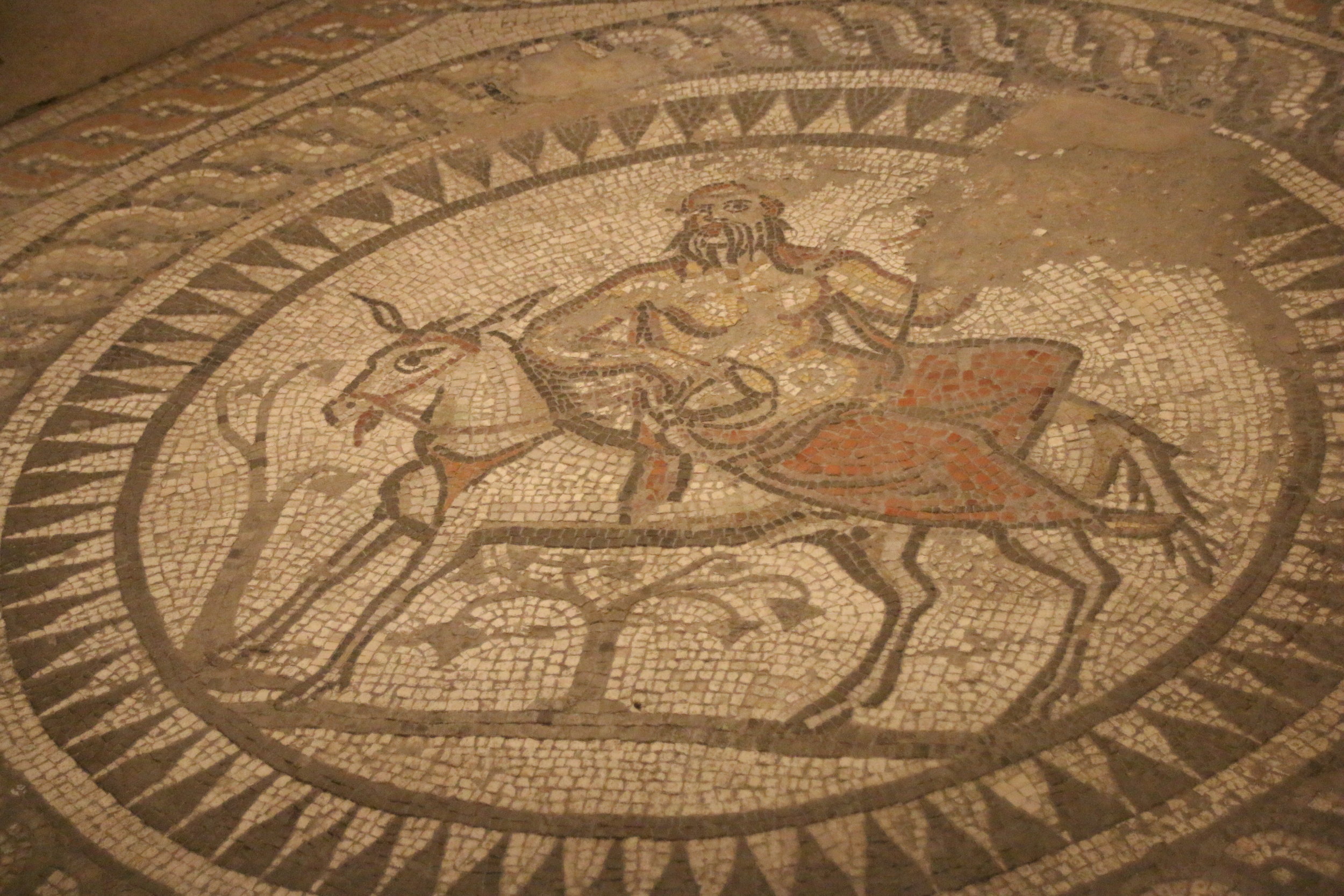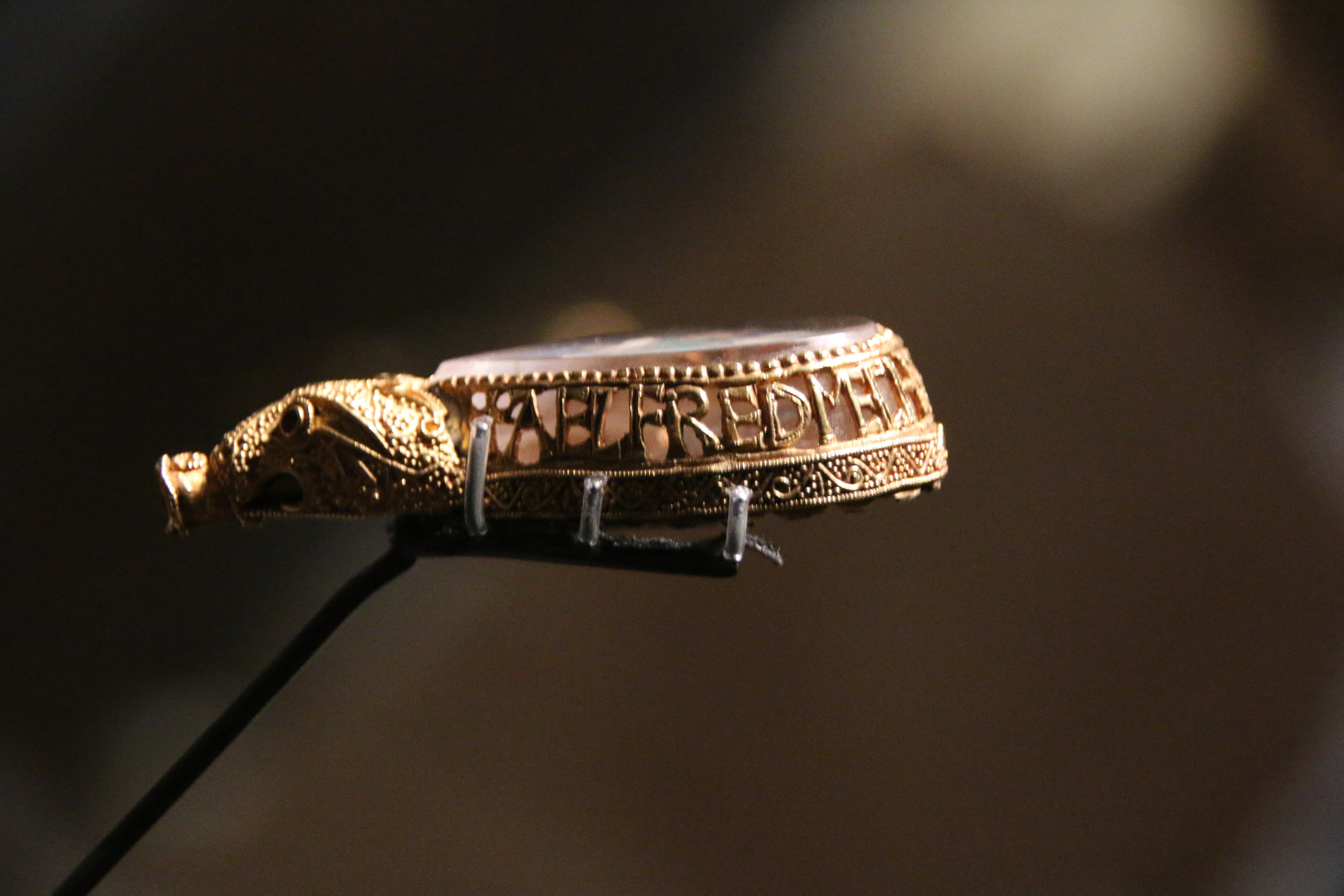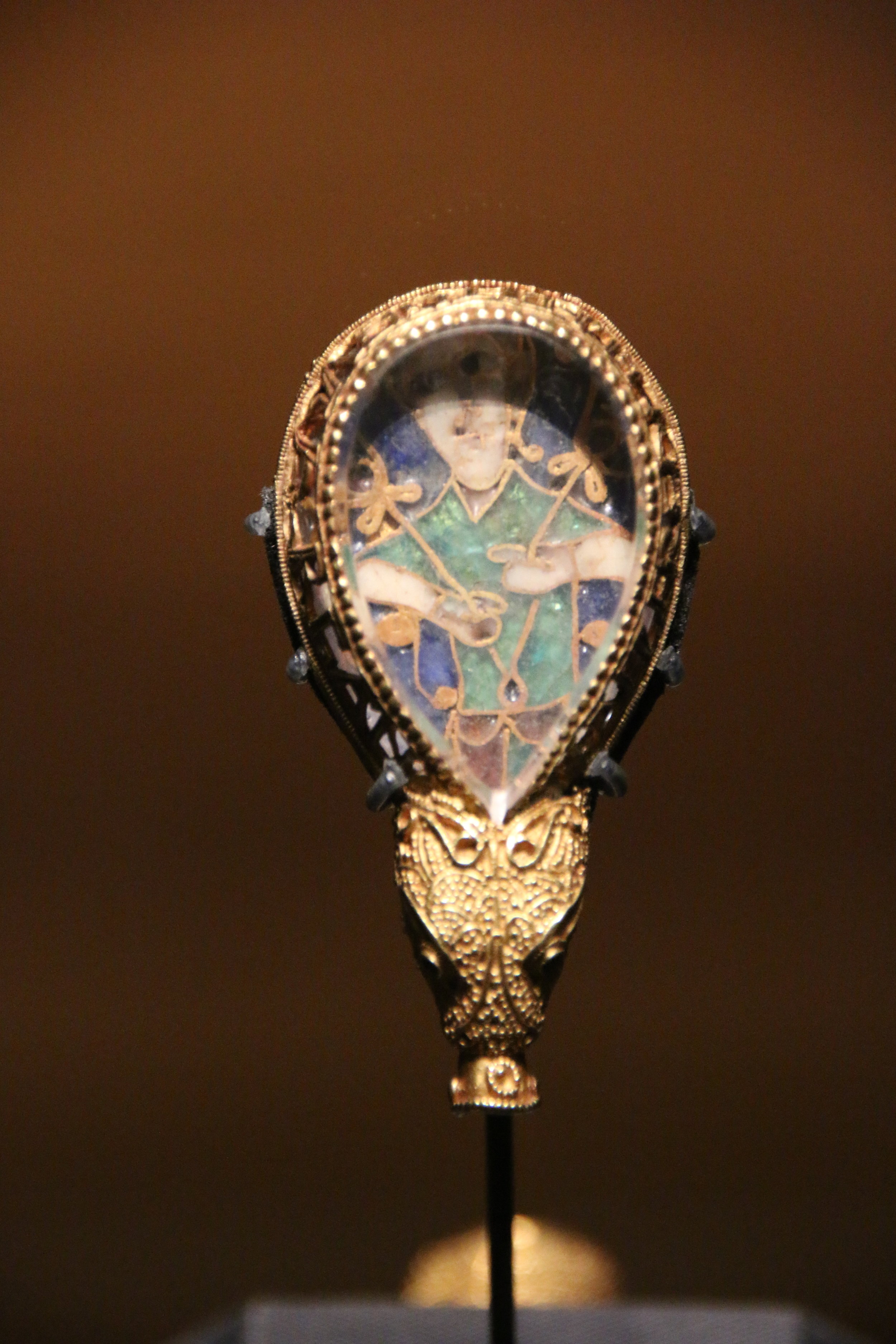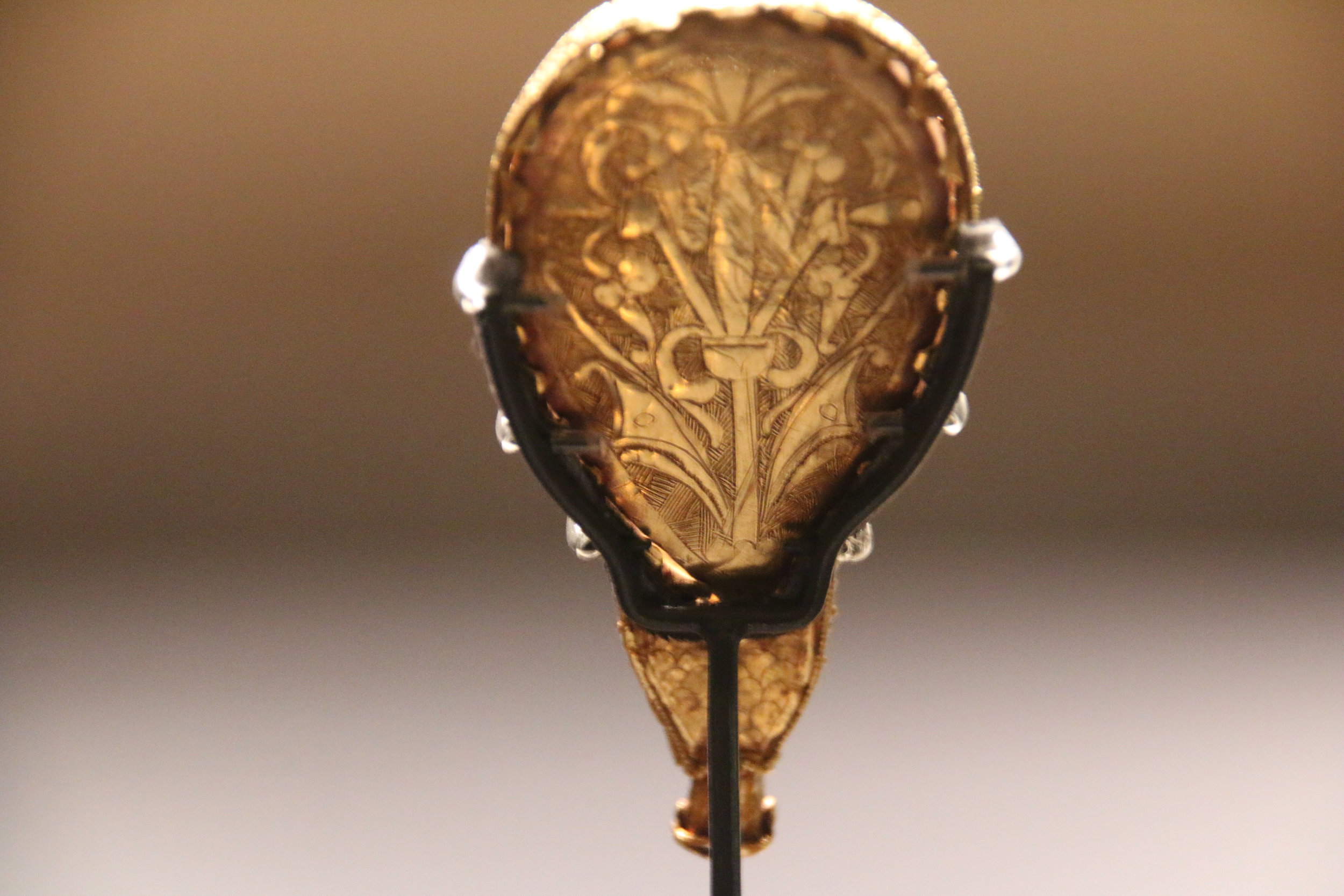In an episode that was recorded in late May before the protests started, we took a break from COVID talk to give our thoughts on the final movie in the Star Wars saga. We discussed how it was similar to or different from ancient epic, medieval romance, and Icelandic sagas, but mostly we talked about the ways it failed to bring together the many threads of the Star Wars story.
Given current events, and the protests against police brutality and systemic anti-Black racism, we urge our white and non-Black listeners to continue their education on these subjects and, if you’re able, donate to support people fighting for justice. One good podcast series is “Seeing White” from SceneOnRadio, and there are anti-racism reading lists here and here; you can donate to Black Lives Matter or The National Bail Out Fund, or any of the many causes that need funds right now.
We also have two episodes on race and racism in medieval studies and classics; they’re several years old now, but may be of interest for thinking about issues of race in our particular fields, and the role our disciplines have played in supporting structural racism in Europe and North America. EPISODE 51: RACE & RACISM IN ANCIENT & MEDIEVAL STUDIES, PART ONE: THE PROBLEM and EPISODE 52: RACE & RACISM IN ANCIENT & MEDIEVAL STUDIES, PART TWO: RESPONSES.
Transcript of this episode
Star Wars: Galaxy’s Edge: Black Spire Cookbook
Lyceum
This episode on YouTube
Our Patreon page
This podcast is licensed under a Creative Commons Attribution-ShareAlike 4.0 International License
The Endless Knot RSS

